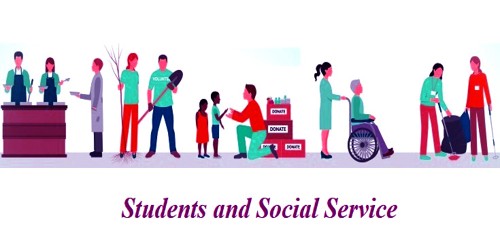An early start in life can cause problems well into adolescence. According to a study conducted by the University of Basel and the University Children’s Hospital Basel (UKBB), training motor skills in these children benefits them even when they are older.
Children born before the 37th week of pregnancy are closely monitored by doctors for the rest of their lives. Any cognitive limitations usually vanish after a few years. Children born before the 32nd week of pregnancy, on the other hand, exhibit differences even into their adolescence.
Researchers led by Dr. Sebastian Ludyga and Professor Uwe Pühse demonstrated in a new study that these children have poorer impulse control than children born at term (after the 37th week of pregnancy). This, for example, can have a negative impact on academic performance and is linked to behavioral issues and a higher susceptibility to addiction.
A premature start in life can cause problems even into the teenage years. A study indicates that training motor skills in these children help even when they are older.
The early years of a child’s life are critical to his or her later health and development. One of the primary reasons is the rapid growth of the brain beginning before birth and continuing into early childhood. Although the brain develops and changes throughout adulthood, the first eight years can lay the groundwork for future learning, health, and life success.
These differences in impulse control can be fully explained by the children’s motor skills, according to the research team’s report in the journal Developmental Cognitive Neuroscience. “In other words, when it came to impulse control, premature children with very well-developed motor skills were practically equal to children born at term,” explains Ludyga.
The researchers compared a group of 54 very preterm children aged 9 to 13 years to a control group of children of the same age who were born at term in their study. The sports scientists conducted a “go/no go” test with the children to assess impulse control.
When given a signal, the young participants in the study had to press a button as quickly as possible. When given a different signal, they were not permitted to press the button; in other words, they had to suppress their desire to move.

During the experiment, the researchers monitored certain brain activity parameters using an EEG (electroencephalogram) to determine how the children processed the stimulus. A comparison of the two groups showed that on average, premature children found it more difficult to suppress the impulse to move due to impaired attention processes.
The researchers then tested gross and fine motor skills, as well as ball handling, in subsequent experiments. They discovered that the greater the deficit in motor skills, the more limited the impulse control in very preterm children.
“We conclude from these findings that targeted motor skills training could also reduce cognitive limitations,” explains Ludyga. The researchers now want to test this in a follow-up study.
According to Ludyga, there are few options for very premature children as they grow into teenagers unless they are investigated for a different reason, such as ADHD or another illness: “Limited impulse control at this age, even if it eventually resolves itself, can have negative consequences and limit these children’s educational opportunities.”
The development of motor and cognitive skills is particularly important in young children. The time span from 9 to 13 years is thus a promising period for reducing cognitive deficits in children born very prematurely.
Nurturing and responsive care for the child’s body and mind is essential for healthy brain development. Positive and negative experiences can shape a child’s development and have long-term consequences. Parents and caregivers need support and the right resources to nurture their child’s body and mind. The proper care for children, beginning before birth and continuing throughout childhood, ensures that the child’s brain develops normally and to its full potential. The CDC is working to protect children so that their brains can develop normally.
















